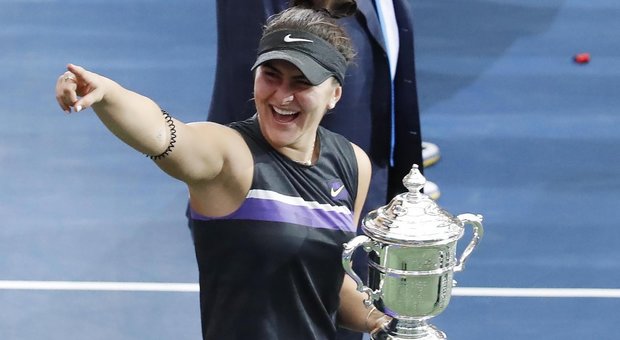The psychological behaviors showed by the new tennis star, US Open winner, Bianca Andreescu:
“Before every tournament she plays and every move she makes, Bianca Andreescu sits down, closes her eyes and visualises exactly how the results will end in her favour. It has become one of the keys to her success.”
“After I won the Orange Bowl, a couple months after, I really believed that I could be at this stage. Since then, honestly I’ve been visualising it almost every single day. For it to become a reality is just so crazy. I guess these visualisations really, really work!”
“Rhythm is essential in tennis and players speak endlessly of the match play required to have mental clarity under pressure.”
“Andreescu is also a combative extrovert, who screeches at her own support box and gets in her opponent’s face. From early on against Williams, she punctuated her successes with loud, ferocious cheers, a salute to her team but also a message across the court.”
“Andreescu, who by now has visualised all the slams she will win and all that she will achieve in the sport, simply shrugged. “Well, get used to it.” (To his coach, Sylvain Bruneau, who has received a trophy of his own. Bruneau grasped the silver trophy uncomfortably in his hands and laughed awkwardly: “I’m not used to this, holding trophies”).
(Source:https://www.theguardian.com/sport/2019/sep/08/bianca-andreescu-remarkable-vision-us-open)








